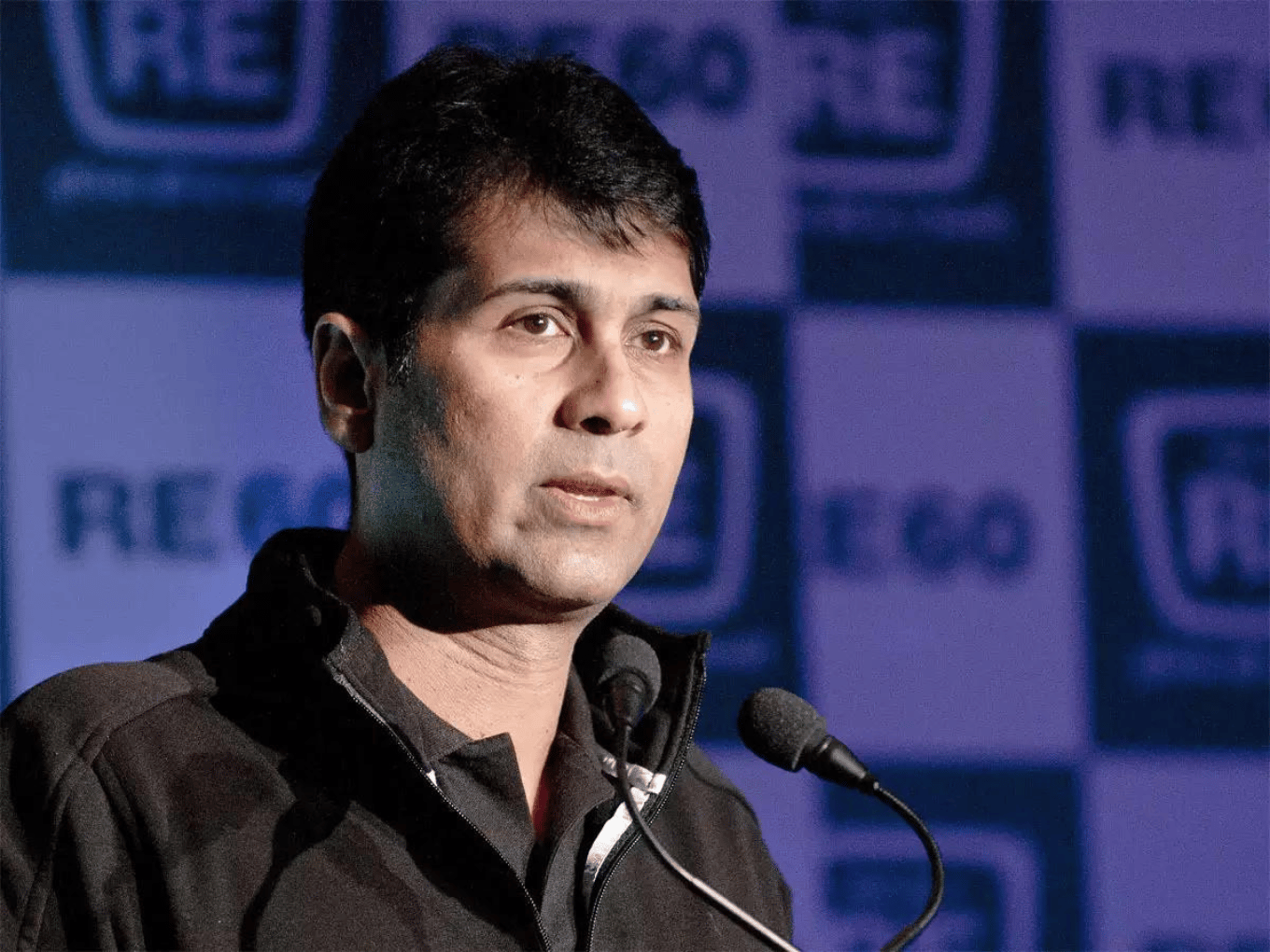Policy Uncertainty Makes It Tough To Predict Profitability For EV Segment: Bajaj Auto MD

Automaker Bajaj Auto’s managing director (MD) Rajiv Bajaj reportedly said that regulatory uncertainty makes it “tough” to predict profitability for the electric vehicle (EV) segment.
As per Economic Times, he made the comments while speaking at the company’s annual general meeting (AGM).
Citing his rationale, Bajaj said that predicting profitability is “difficult” as the EV market is dependent on multiple factors, including pricing, which is not in the company’s hands and is determined by the market.
“It is a very difficult question to answer. Because it depends on many factors. It also depends on price, which is not really in the company’s hands. It’s determined by the market… We have a competitor that believes in dropping prices by INR 10,000 every month,” Baja added.
This is seen as a dig on IPO-bound Ola Electric, which is among the biggest players in the two-wheeler EV space.
On the policy front, Bajaj said that there is a lot of uncertainty as the “same” subsidy scheme for the EVs keeps on changing from time to time. He was referring to the upcoming Faster Adoption and Manufacturing of Electric Vehicles (FAME)-III scheme.
Bajaj also cited Minister of Heavy Industries HD Kumaraswamy statement that the scheme would unlikely feature in the Budget 2024-25 but would rather be rolled out in the coming months. On this, the automaker’s MD said that the move would entail INR 10,000 Cr worth of subsidies going away.
“There is a lot of uncertainty as far as government policy is concerned — not in the bad sense, but in the sense that the same scheme as subsidies for electric vehicles also changes from time to time… It seems that the heavy industries minister has announced that perhaps FAME-III will not be part of the budget. This is a ‘perhaps’, so I’m not sure… But if that happens, then obviously the INR 10,000 subsidy certainly goes away,” added Bajaj.
It is pertinent to note that a government official later reportedly clarified that the Minister “was quoted out of context” on the EV subsidy scheme. Later, Kumaraswamy also said in a post on X that the Centre is “fully committed to supporting the Indian auto industry”.
Meanwhile, the Bajaj Auto MD also said that the automaker is “not unduly worried” about the subsidy issue as the company is better placed owing to its 20% EBITDA margin with a cash reserve of INR 16,000 Cr to INR 20,000 Cr.
“There is a side to me that wishes that this segment (EV) should not be profitable for a long time. Because we can be the last scooter standing at the end of the day. Let it continue like this. Let the circus continue. One by one all the monkeys will leave the circus and, in the end, hopefully we will still be standing there,” Bajaj reportedly added.
Earlier in the day, Kumaraswamy reportedly said that preparatory work is already underway with regards to the FAME-III scheme.
Earlier this year, reports surfaced that the FAME-III scheme would carry a budget outlay of INR 10,000 Cr and will be announced during the Budget.
Envisaged with an eye on spurring EV adoption in the country, the upcoming FAME-III scheme is expected to focus on public transport such as ebuses as well as two, three, and four-wheelers.
The previous iteration of the scheme, FAME-II, was launched in March 2019 with a total outlay of INR 10,000 Cr to support 10 Lakh electric two-wheelers, 5 Lakh electric three-wheelers, 7,000 electric buses, and 55,000 electric four-wheeler passenger cars through sops and subsidies.
However, the scheme was plagued by controversies after it emerged that many players flouted localisation norms mandatory to avail these sops. Many of them were penalised by authorities, including Benling India, Okinawa, among others.
The post Policy Uncertainty Makes It Tough To Predict Profitability For EV Segment: Bajaj Auto MD appeared first on Inc42 Media.
No comments